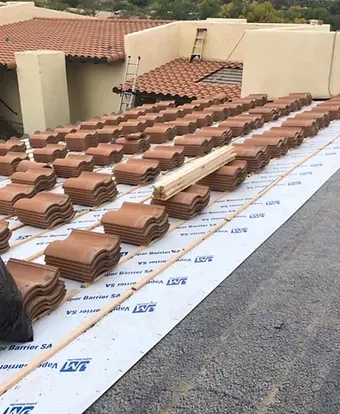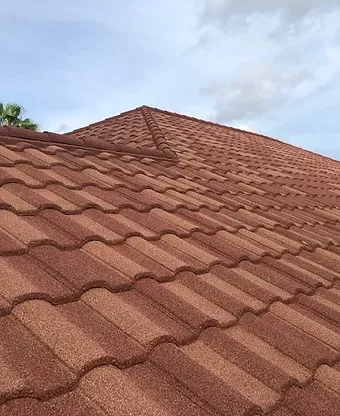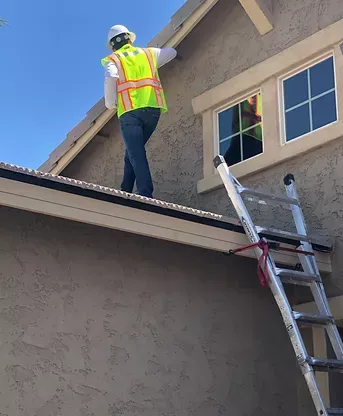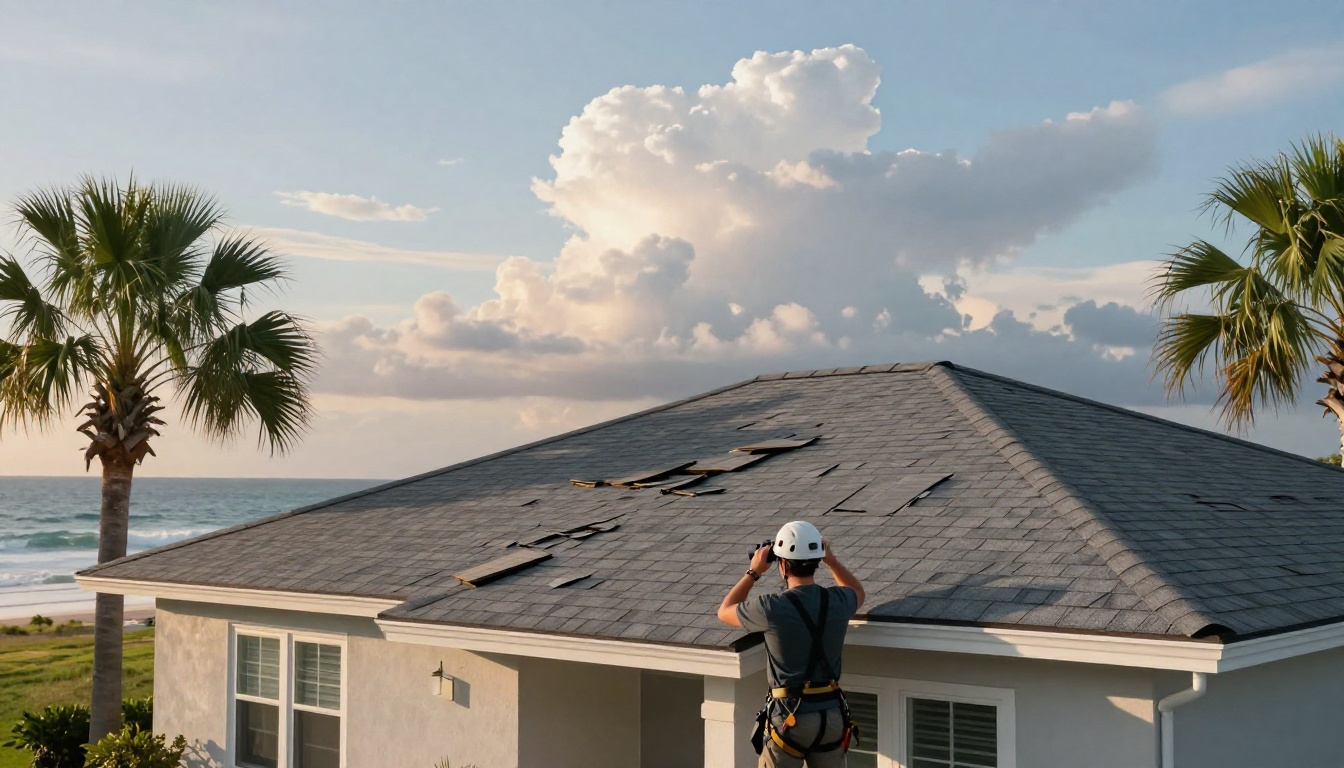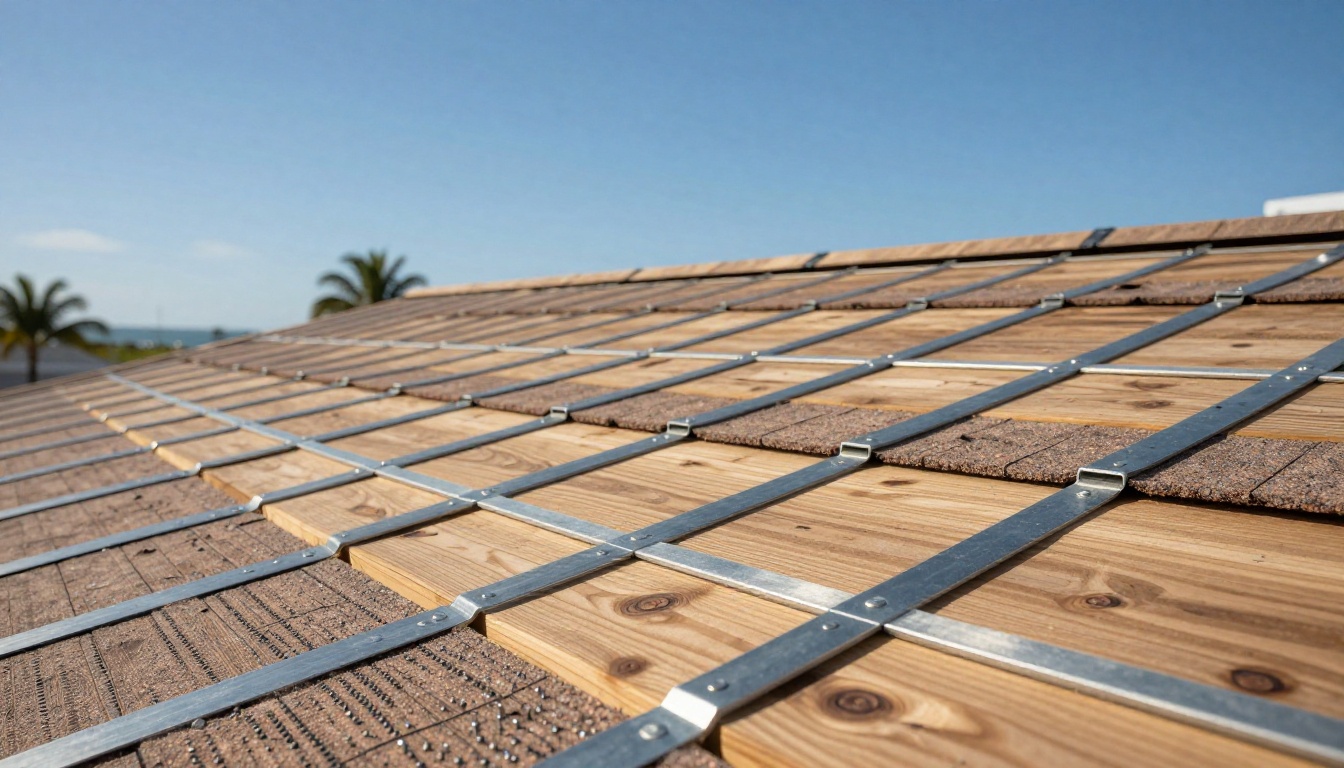Understanding the Impact of Roofing on Home Insurance in Cape Coral
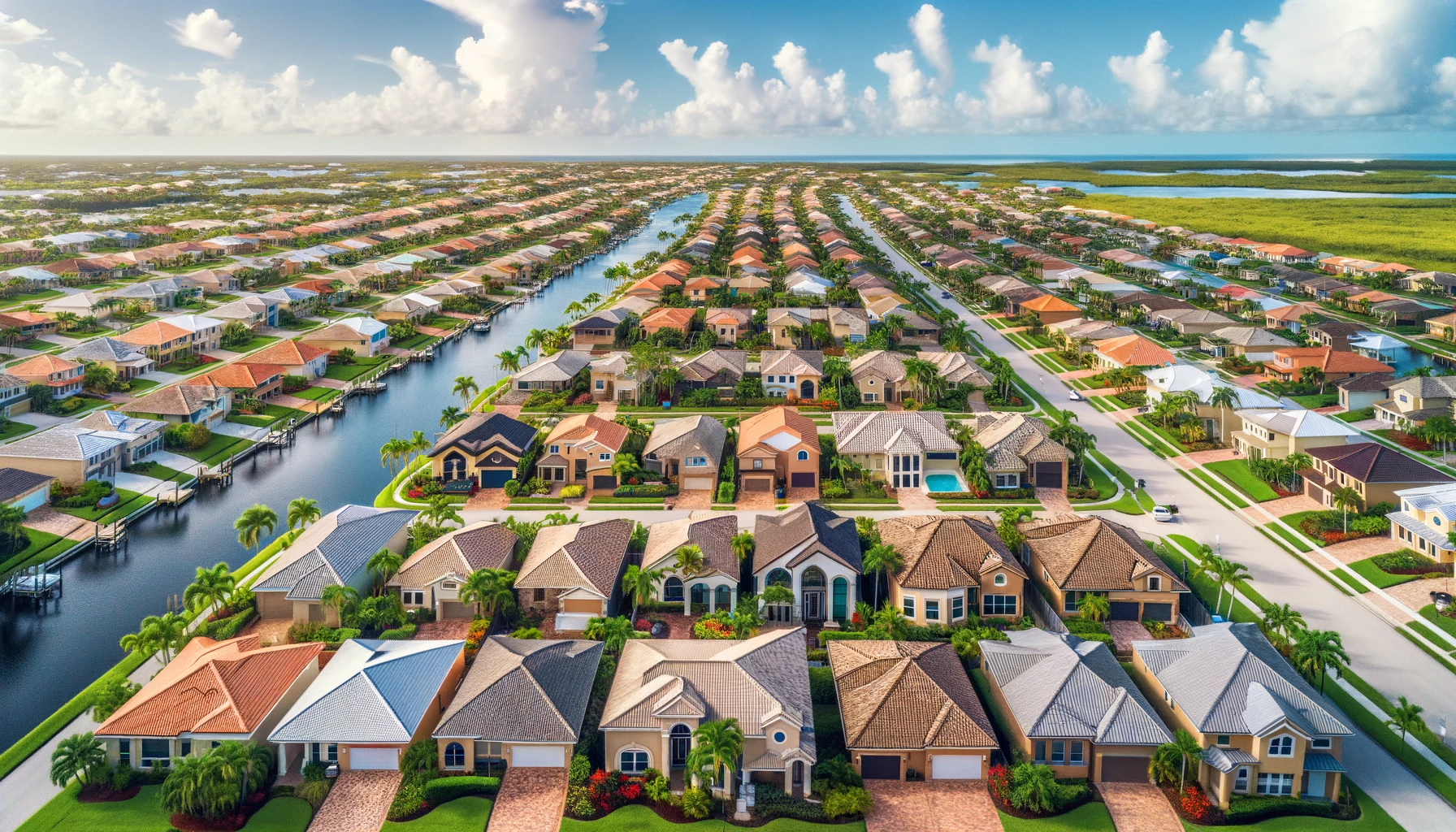
In the picturesque city of Cape Coral, Florida, homeowners are keenly aware of the critical role their roofs play in protecting their homes. However, what many may not realize is the significant impact their choice of roofing can have on their home insurance policies and premiums. In this comprehensive guide, we'll explore how different roofing materials and conditions can influence insurance costs, offering essential insights for homeowners in Cape Coral.
The Role of Roofing in Home Insurance
Home insurance companies pay close attention to the condition and type of roofing on a property. This is because the roof is one of the most important defenses against common insurance claims, such as weather-related damages. In Cape Coral, where the weather can range from scorching sun to torrential rains and hurricanes, the roof's condition is crucial.
1. Roof Material and Durability
Different roofing materials have varying lifespans and resistance to elements. In Cape Coral, popular options include shingle, tile, and metal roofs, each with its own pros and cons:
- Shingle Roofs: Often more affordable, but may have a shorter lifespan and lesser resistance to extreme weather.
- Tile Roofs: Highly durable and resistant to rot and insect damage, tile roofs can offer better protection but at a higher cost.
- Metal Roofs: Known for their longevity and resistance to harsh weather, metal roofs are an excellent choice for durability but may require a higher upfront investment.
Insurers may offer lower premiums for materials like metal or tile due to their durability and better protection against elements.
2. Roof Age and Condition
The age of your roof plays a significant role in insurance considerations. Older roofs are seen as higher risks, potentially leading to increased premiums. Regular maintenance and timely repairs are crucial for keeping your roof in good condition, which can positively influence your insurance rates.
3. Weatherproofing and Protective Features
In a region like Cape Coral, where hurricanes and heavy rains are common, roofs with enhanced weatherproofing features are favorable in the eyes of insurance companies. Features like wind mitigation enhancements can lead to significant discounts on insurance premiums.
4. Energy-Efficient Roofs
Energy-efficient roofing materials can not only save you money on utility bills but also potentially lower your home insurance premiums. Some insurers offer discounts for homes with energy-efficient features, recognizing their reduced environmental impact and often enhanced durability.
Navigating Insurance Discounts and Coverage
It's essential to communicate with your insurance provider about the specifics of your roofing. Some insurers offer discounts for new roofs or specific materials. Also, understand what your policy covers in terms of roof damage – not all policies are created equal.
1. Understanding Policy Details
Make sure you are clear on what types of damage are covered under your policy. In Cape Coral, it's crucial to have coverage for wind and water damage.
2. Seeking Discounts for Roof Upgrades
If you're considering upgrading your roof, check with your insurance provider first. They may offer discounts for certain materials or upgrades that enhance the roof's durability and weather resistance.
3. Regular Inspections and Maintenance
Regular roof inspections and maintenance can not only extend the life of your roof but also ensure that you remain compliant with your insurance policy terms. Many insurance companies require routine maintenance and can deny claims if negligence is found.
Conclusion
For homeowners in Cape Coral, understanding the relationship between roofing and home insurance is vital. By choosing the right materials, maintaining your roof, and staying informed about your insurance policy, you can ensure that your home is not only well-protected but also that you are making financially savvy decisions regarding your insurance costs. Remember, a well-maintained roof is not just a protective cover over your head; it's also an investment in your home's safety, efficiency, and value.
